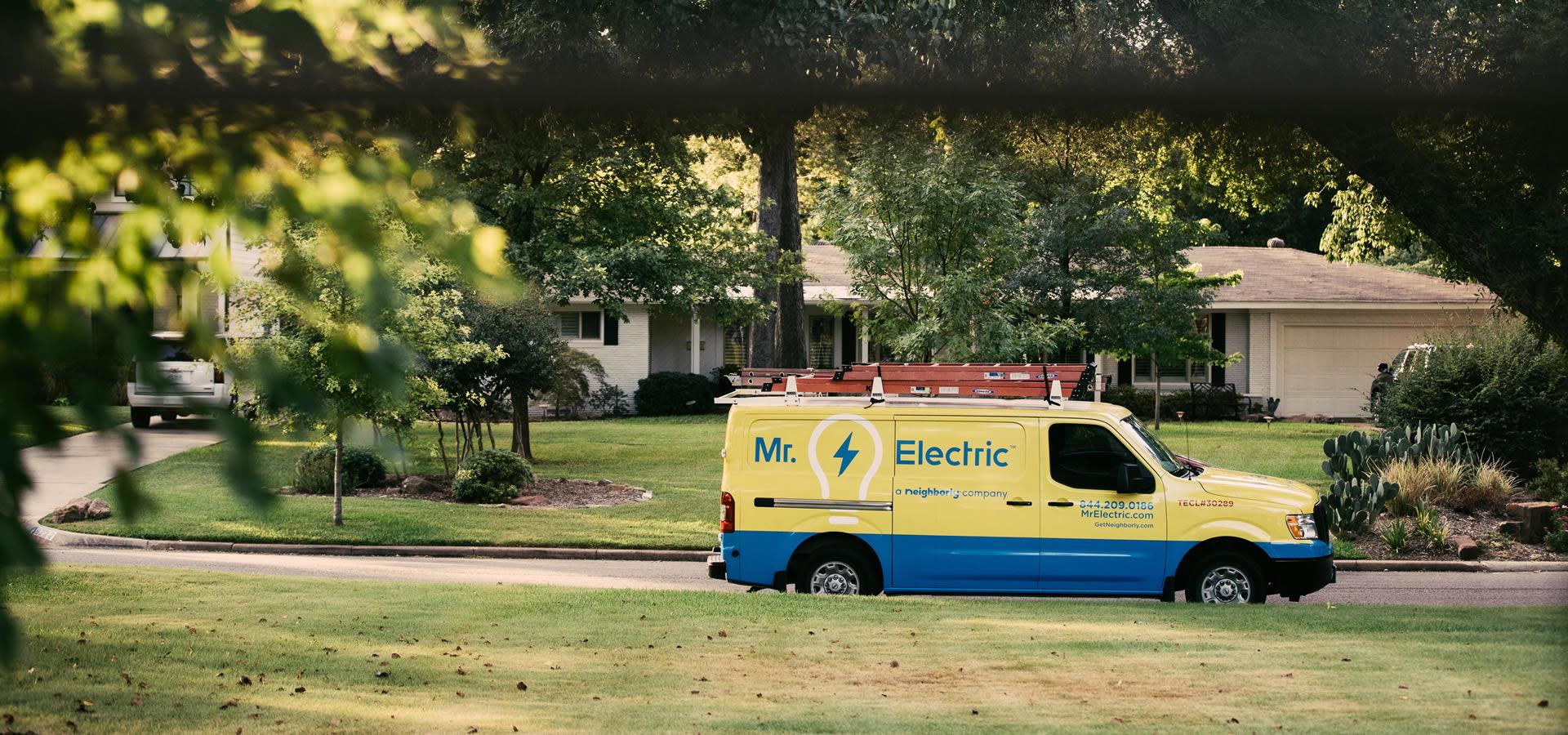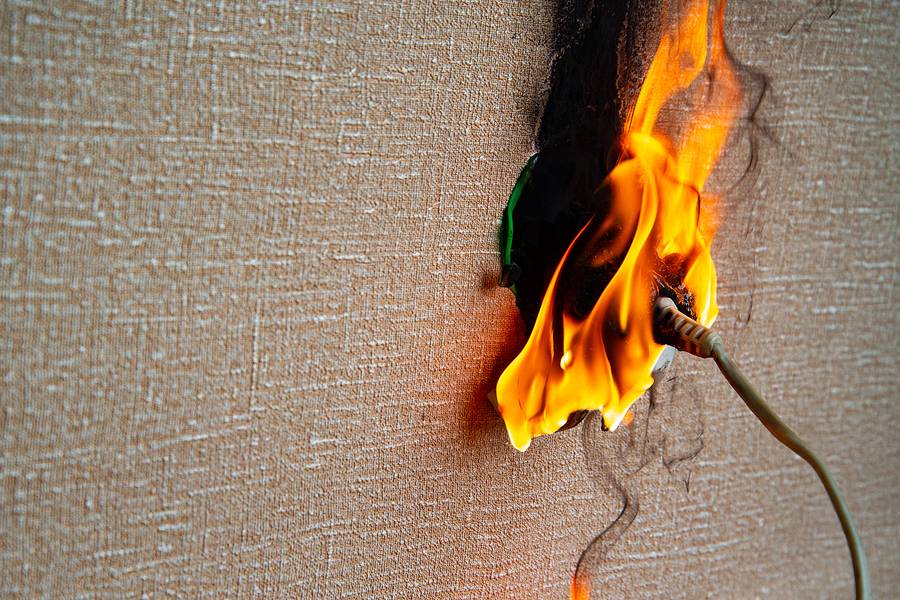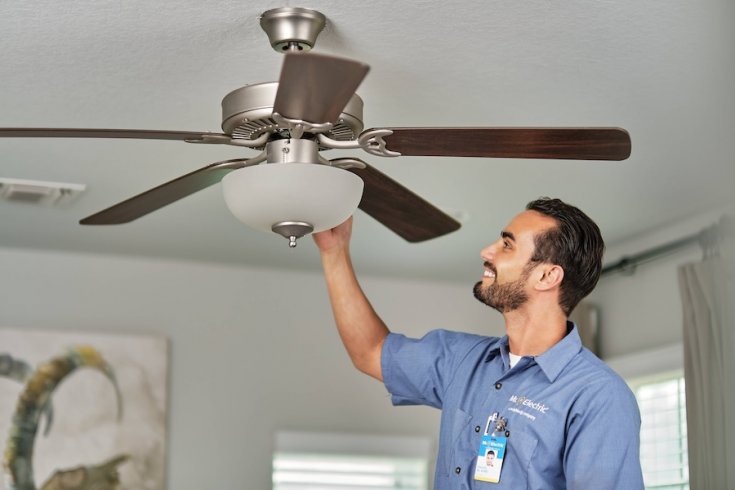What to Do When An Electrical Outlet Sparks
You’ve probably seen a short burst of blue light when you plug something into an electrical outlet. While sparking is a normal occurrence in most cases, some sparks can point to a serious problem that needs to be addressed.
At Mr. Electric, we know the difference between normal sparks and bad sparks thanks to our expertise and industry experience. Below, we will explain the common causes of sparking outlets and what you should do when an electrical outlet starts sparking.
Normal Sparks vs. Bad Sparks
Normal sparks occur when you’re just about to plug in a device or when you’ve just unplugged it. Just before a plug touches an outlet, the electrical current makes a "jump" or "arc" to complete the circuit, thereby producing a spark. This type of sparking is normal and harmless unless the sparks occur on a consistent basis or produce an odd smell. On the other hand, bad sparks refer to a type of sparking that points to a potential electrical problem or hazard. Examples of bad sparks include:
- Sparks that smell
- Long sparks that take time to fizzle
- Yellow or white sparks
- Big sparks
Bad sparks are commonly caused by overloading, worn-out electrical components, short circuits, improper installation, and water exposure. You should call a professional electrician to inspect your electrical outlets if you notice bad sparks in your home or business. If ignored, bad sparks can lead to a wide range of electrical hazards, including electrical fire and even electrocution.
The following are some of the causes of sparking electrical outlets:
- Overloading
- Improper installation
- Short circuits
- Moisture
- Old outlets
What Should You Do When An Electrical Outlet Sparks?
Step 1: Turn Off the Power
The first thing to do when an electrical outlet starts sparking is to turn off the power supply to the outlet at the electrical panel. This is crucial to preventing any further sparking or potential electrical fire. It’s also important to keep a safe distance from the sparking outlet and not touch or continue to use the faulty outlet.
Step 2: Call a Professional Electrician
The next step is to call a professional electrician to diagnose the problem and make the necessary repairs or replace the outlet. An electrician will come in with the right tools, perform an accurate assessment, and advise you on the best course of action. You should never attempt to repair or replace a faulty electrical outlet if you are not a professional electrician. Electrical outlet installation and electrical outlet repair should be left to qualified electricians.
Need A Faulty Electrical Outlet Fixed? Call Mr. Electric for Help
If you’re looking for a qualified electrician to assess faulty electrical outlets in your home or business, reach out to the experts at Mr. Electric. Our electricians have the expertise and experience to diagnose electrical outlet problems and give the right recommendations. Mr. Electric is a trusted electrical service company that you can rely on for electrical outlet installation, electrical outlet replacement, and all of your electrical service needs.







